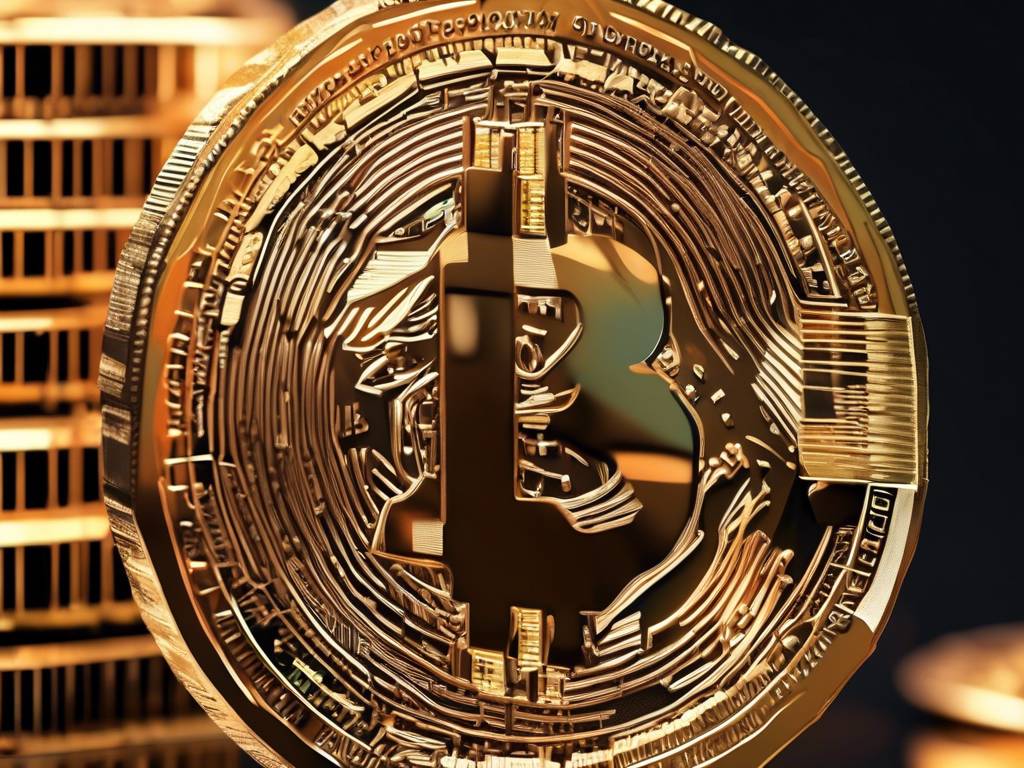ASIC Scores Legal Victory Against BPS Financial Over Crypto Payment Scheme
The Australian Securities and Investment Commission (ASIC) recently celebrated a legal triumph in a case concerning non-cash payments involving cryptocurrencies. A court ruled in favor of ASIC in its lawsuit against BPS Financial Pty Ltd (BPS), shedding light on the questionable practices related to the “Qoin scheme.” The court decision signifies a milestone for regulatory oversight in the crypto space.
Qoin Token Scheme Generates Millions in Revenue Through Dubious Practices
In 2022, ASIC took legal action against BPS for engaging in misleading advertising and operating an unlicensed non-cash payment facility that utilized a crypto token. The Qoin Facility, launched by BPS in 2020, encompassed various components, including Qoin tokens, a digital wallet, and a blockchain ledger.
- ASIC’s allegations indicated that BPS marketed Qoin tokens to retail customers and businesses as a payment method for services offered by Qoin Merchants.
- The tokens could only be traded on the BTX Exchange, controlled by Block Trade Exchange Pty Ltd (BTX), a BPS subsidiary.
- The exchange limited token trading to Australian dollars and imposed restrictions over time, affecting users’ ability to exchange the token.
- By September 2022, the Qoin Wallet boasted over 93,000 users and generated approximately AU$40 million in sales from Qoin token transactions.
Australian Court Rules Against BPS Financial
On May 3, 2024, the Australian Federal Court delivered a verdict against BPS Financial, siding with ASIC on several charges. The ruling highlighted BPS’s failure to adhere to licensing regulations and its involvement in misleading marketing practices related to the Qoin Wallet.
- Judge J Downes found BPS guilty of unlicensed conduct and non-compliance with the Corporations Act by offering the Qoin Wallet without an Australian Financial Services License.
- The court also criticized BPS for deceptive marketing claims about the Qoin Wallet’s registration status and its utility for purchasing goods from Qoin Merchants.
- Moreover, the Court revealed that Qoin tokens were exclusively tradeable on the BTX Exchange until November 2021, contradicting earlier claims of broader token trading possibilities.
Implications for Cryptocurrency Regulations
ASIC Chair Joe Longo lauded the court’s decision as a pivotal moment in addressing crypto-related non-cash payment issues. The ruling represents a crucial step in regulatory oversight within the cryptocurrency sector and signifies a significant advancement in consumer protection initiatives.
- Judge Downes’ distinction between the Qoin Wallet and the Qoin Blockchain serves as a paramount judgment against classifying blockchain technologies as financial products under Australian law.
- ASIC’s enforcement actions against crypto businesses aim to establish regulatory clarity and ensure compliance with licensing requirements, signaling a proactive approach to safeguarding consumer interests.
- Longo emphasized that ASIC’s actions are intended to convey a message to the crypto industry about the necessity of adhering to regulatory standards and prioritizing consumer protection.
Hot Take: A Win for Regulatory Oversight in the Crypto Space
Recent developments in ASIC’s legal battle against BPS Financial underscore the growing importance of regulatory scrutiny in the cryptocurrency landscape. The court’s ruling sets a precedent for holding entities accountable for non-cash payment practices involving digital assets, establishing a framework for enhanced consumer protection and regulatory compliance.





 By
By
 By
By
 By
By

